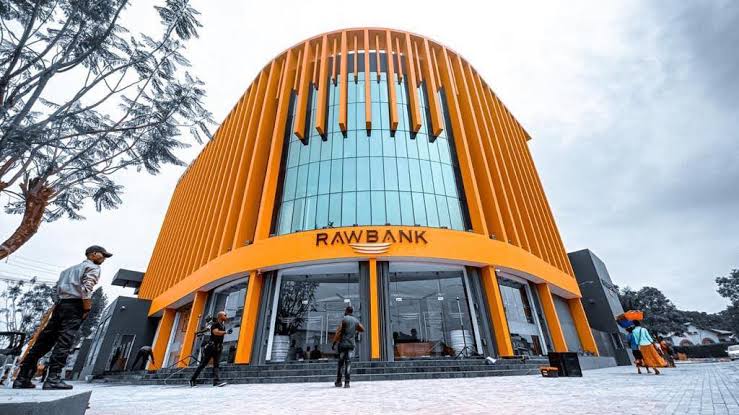Implications Of Tanzania President’s Push For Cryptocurrency Adoption In Africa


Means of trade and exchange continue to evolve through human history. First, it was trade by barter, later gold, cowries, and fiat currency, and now cryptocurrency. Regardless of its prospects, the greatest challenge facing cryptocurrency is acceptance. Perhaps, this is why Tanzania’s President Samia Hassan Suluhu is calling for Africans to accept digital currency.
The first-ever cryptocurrency, Bitcoin, surfaced in 2009 as lines of code known as “genesis block”. However, it had been initially introduced in a white paper a few months before then. It is believed that digital assets were invented to beat the inconsistencies of traditional banks. One of such inconsistencies in the form of deregulation led to the global financial crisis in early 2008. Cryptocurrency is basically decentralized digital money operated using blockchain technology. Its growth has propelled the rise of altcoins and the introduction of physical aspects such as credit cards and bitcoin ATMs.
Tanzania President Wants Africa to Adopt Cryptocurrencies

It is true that African governments are yet to accept cryptocurrencies like their western counterparts, despite reports that Africa is leading global cryptocurrency adoption. President Samia Suluhu Hassan is one of the first political leaders in Africa to speak in favor of cryptocurrency. Addressing her country, East Africa, and the entire continent in the port city of Mwanza on 13th June, the female country head advised that Africa should pick up pace in accepting and using digital assets. The political leader acknowledged the current trend of decentralized banking as,
“The emergence of a new journey through the internet. I know that throughout the nation, including Tanzania, they have not accepted or started using these routes. However, my call to the Central Bank is that you should start working on that development”.
Tanzania President’s charge for widespread use of cryptocurrencies in Africa is a call waiting to be answered. It comes few days after El Salvador-a Central American country voted for a law to approve the use of Bitcoin as legal tender. Elon Musk’s Tesla is working on accepting cryptocurrency for car purchases. African governments need to make up their mind fast about cryptocurrency. According to Tanzania Bankers’ Association chairman, Abdulmajid Nsekela, “the most challenging element for regulators is to be caught by surprise by innovations”.
Two Sides to Digital Currency

Africa might want to consider cryptocurrencies for the tremendous advantages they bring. The phrase “crypto” points to complex code writing involved in the creation of these currencies and their strict use or transfer protocols and systems. By this, one solid advantage in using digital assets is that they offer a fast and secure Store of Value (SoV) or money transfer method.
In addition, Africa can utilize cloud storage and computing which is also a functional use of certain cryptocurrencies. This will possibly stretch into very meaningful development for local technological services. Meanwhile, the biggest win for Africa in adopting cryptocurrencies will be in the form of freedom from economic sabotage. How? Huge tariffs, steep interest rates on loaned money, and devaluation of currency are steps some colonial powers still use to sabotage the economy of their colonies.
By adopting cryptocurrencies, African countries are open to a host of sources for accessing loans with considerable interest rates. Another benefit here is that cryptocurrency is known for its low transaction cost. Also, transaction receipts are digitalized and cannot be tampered with or changed by individuals, governments, or other entities. Thus, it can be a means of fighting financial recklessness in public offices in Africa.
However, cryptocurrencies present a number of risks. Investopedia talks extensively about it a post on why governments are afraid of Bitcoin. The summary is that cryptocurrencies are based on a large complex system. Moreover, they have been linked to series of illegal transactions, money laundering, terrorism financing, and do not offer a means of resolving transaction complaints.
African Countries Showing Interest in Cryptocurrency

While many African countries are yet to see the positives of cryptocurrency, there are those making steps towards understanding and regulating the digital currency. For example, Senegal is supporting the vision of Akon, a singer, and entrepreneur, to build a smart city that will run on cryptocurrency. The country also created its own digital currency following a similar move by Tunisia. Business Insider reports that Ghana, Morocco, South Africa, and Nigeria are making plans to do the same.







Responses